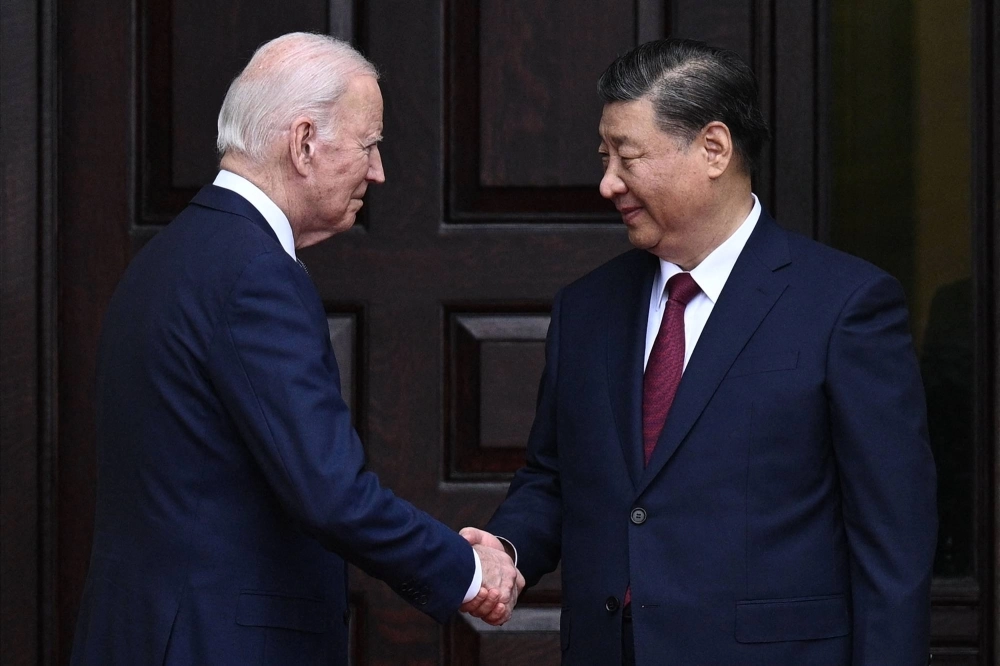The U.S. and Chinese leaders had a message for one another in their first meeting in just over a year: They're both ready to pick up the phone to prevent the worst.
At their summit, U.S. President Joe Biden and Chinese leader Xi Jinping held four hours of talks just outside San Francisco, where they agreed to reopen high-level military-to-military channels as part of a handful of steps that the two countries hope will prevent their relationship from veering into conflict.
However, experts say the agreed measures alone will not be enough to improve what Xi described as the world’s “most important bilateral relationship,” as neither side appeared willing to tackle their fundamental differences head on.




















With your current subscription plan you can comment on stories. However, before writing your first comment, please create a display name in the Profile section of your subscriber account page.